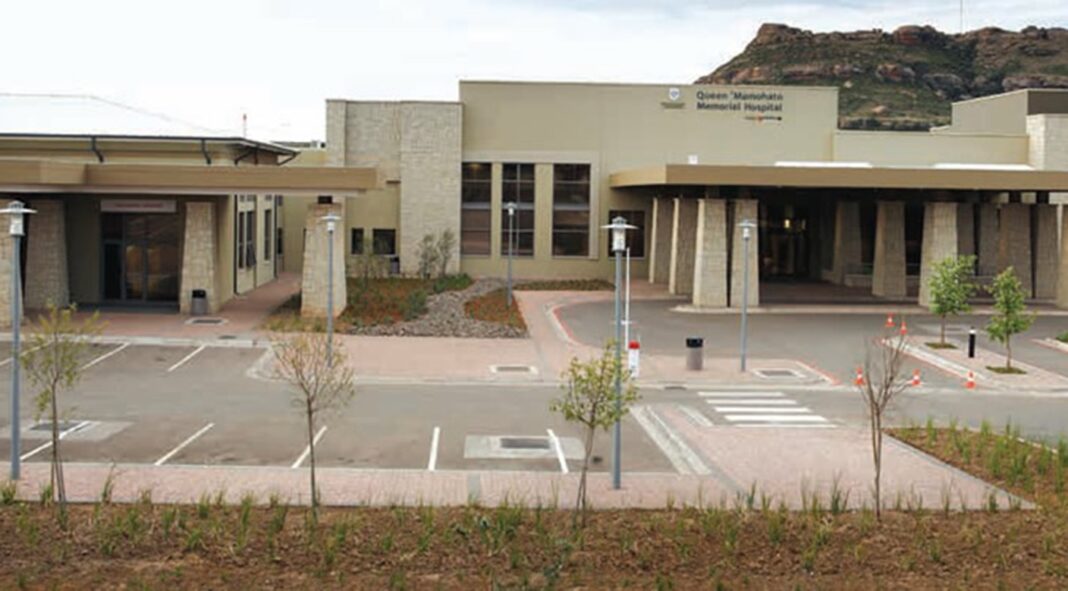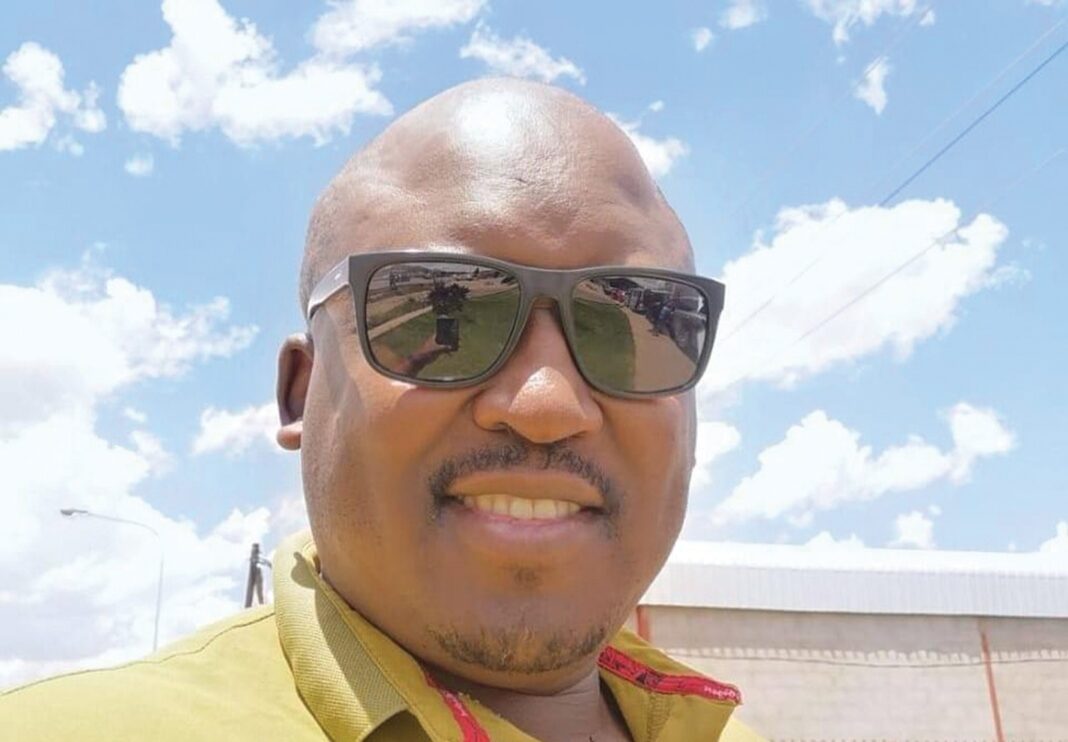By Kefiloe Kajane
Uncertainty abounds amid rife speculation that Tšepong (Pty) Ltd has been ordered to vacate the health premises in 60 days by the government after a breakdown in relations between the two.
But the health ministry’s spokesperson Tumisang Mokoai has declined any knowledge of the instruction said to be contained in a letter addressed to the administration of the facility on June 1.
This week Queen ‘Mamohato Memorial Hospital (QMMH) public relations officer Thakane Mapeshoane confirmed to theReporter that the hospital received a letter from government indicating that the hospital administrators and staff should vacate in two months’ time.
She said the information was filtered to them by the hospital boss after apparently receiving the letter on June 1.
“We do not know yet as what is going to happen to the workforce. We have not been alerted whether the administration has reacted to the letter or not. We are not aware of the author or origin of the letter,” Mapeshoane said.
This is after the government’s announcement in March of its intention to sever all ties with Tšepong (Pty) Ltd which manages QMMH.
Some stakeholders have welcomed the move as long overdue and one which will go a long way to saving taxpayers’ money and restoring Basotho’s faith in the country’s health system.
QMMH is a public-private partnership is managed by the Tshepong Consortium, led by Netcare, a leading South African health care provider. The facility and the associated filter clinics at Qoaling, Mabote, and Likotsi were part of the government of Lesotho’s strategic push to improve maternal health, reduce child mortality and combat HIV/AIDS.
It was officially inaugurated in 2011 amid hope of bringing modern, high-quality healthcare services to about half a million people or a quarter of Lesotho’s population living in Maseru district, and also serving the country as a revamped national referral and teaching hospital.
The World Bank Group provided technical assistance for designing and implementing the facility as a public-private partnership that is aligned with reforms in Lesotho’s health sector to increase access to primary healthcare services and referral care. A grant of $6.25 million was provided through the World Bank-administered Global Partnership for Output-Based Aid to support the process.
The 425-bed hospital was touted to provide several new services, including intensive care, that were not provided at Maseru’s old Queen Elizabeth II hospital.
The hospital has constantly been criticized for not investing enough in Lesotho’s healthcare while financially benefitting more than it deserves.
Netcare which receives a unitary payment of M52-million every month from the government of Lesotho was as a result accused by senior ministry of health officers of not investing as significantly towards strengthening Tṧepong’s capacity to handle the Covid-19 outbreak.
The final straw that broke the camel’s back was the dismissal early this year of over 300 nurses, who had gone on strike demanding improved salaries. This move received widespread condemnation in Lesotho and beyond.
The government has since thrown them a lifeline by re-engage the dismissed health workers in a bid to save jobs and maintain the health services delivery.









